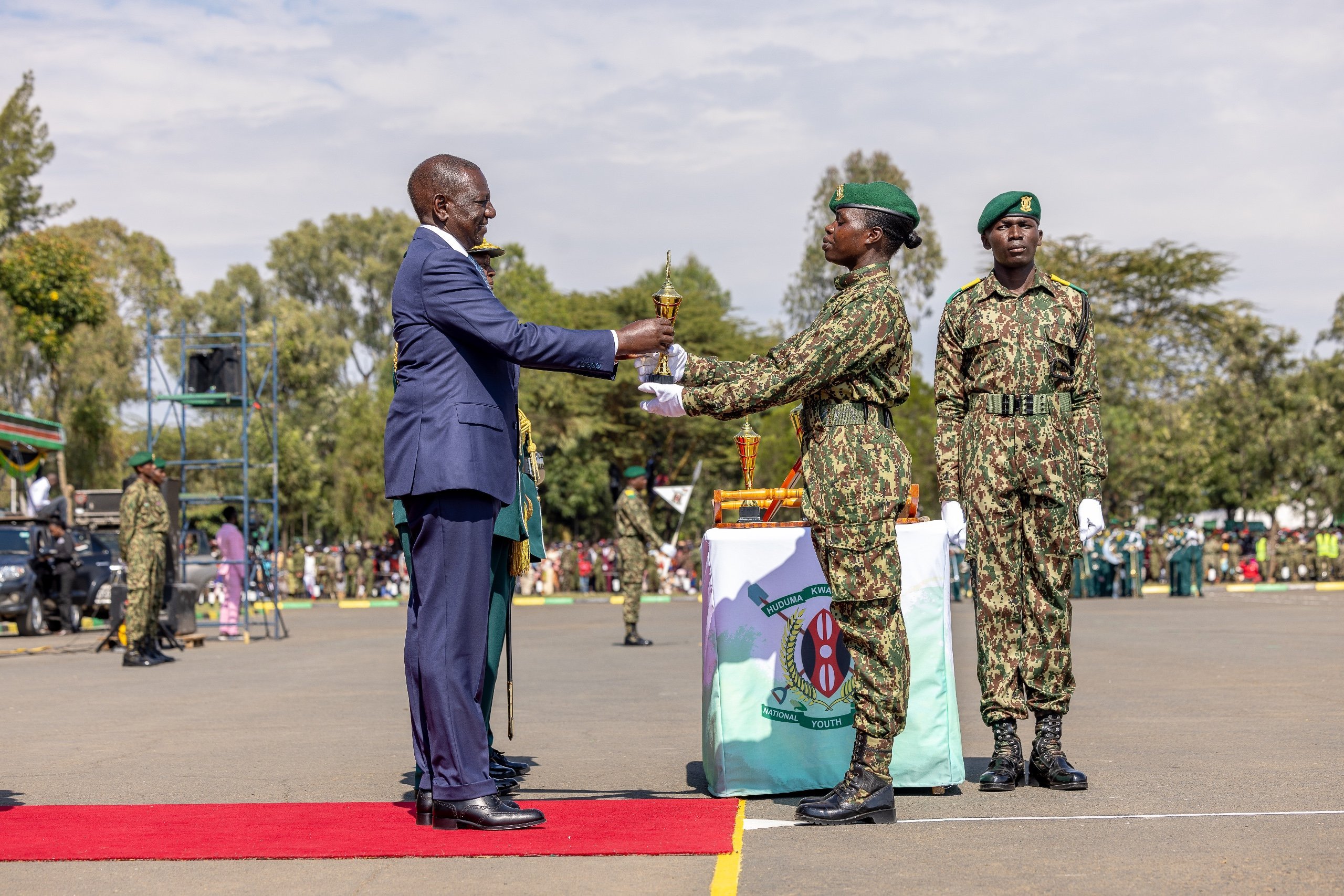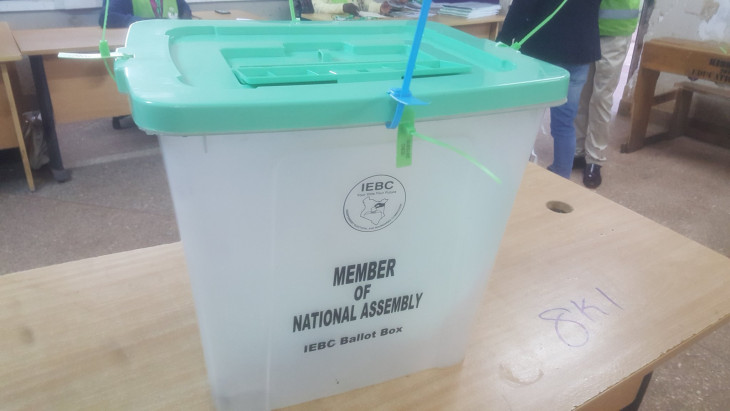Why Kenyan MPs’ visit to Taiwan would be diplomatic blunder

In a rapidly shifting global order, diplomacy demands more than protocol – it requires principle, precision, and prudence.
The recent reports from Prime Cabinet Secretary Musalia Mudavadi that a group of our MPs considered visiting Taiwan at the time President William Ruto was heading to China for a State visit raised significant concern not only in Beijing but also among seasoned foreign policy observers.
Had the trip proceeded, it would have been a serious diplomatic miscalculation with potential consequences for Kenya’s economic, political, and international standing.
At the heart of the controversy is the “One China” principle, a diplomatic cornerstone that recognises the People’s Republic of China (PRC) as the sole legal government of China – including Taiwan as part of its territory.
This principle has been enshrined in United Nations General Assembly Resolution 2758 and reaffirmed by the World Health Assembly (WHA) Resolution 25.1, both of which form the legal and diplomatic basis for Taiwan’s exclusion from UN bodies unless explicitly approved by Beijing.
Kenya, like most of the world, adheres to this principle, and any deviation from it – such as sending MPs to Taiwan in an official capacity – would be perceived as a breach of this longstanding position.
Beijing’s view is clear and unwavering. As reiterated in its recent rejection of Taiwan’s participation in the WHA, Taiwan has no basis, reason, or right to take part in international organisations unless authorised by the PRC.
This stems not only from legal precedent but also from the political realities on both sides of the Taiwan Strait.
China blames the Democratic Progressive Party authorities in Taipei for pursuing a separatist agenda, thereby undermining the political foundation for Taiwan’s engagement in international diplomacy.
China sees any move to support or recognise Taiwan – directly or indirectly – as an affront to its sovereignty, territorial integrity, and the post-war international order.
Countries or institutions that deviate from the One China policy are viewed not just as taking sides, but as actively fuelling instability in the region.
Beijing maintains that the global consensus overwhelmingly supports its position and that provocations aimed at promoting “Taiwan independence” are both futile and dangerous.
So why should Kenya care? Because China is not only the world’s second-largest economy and a global superpower, but also Kenya’s most significant bilateral partner in infrastructure development, trade, and strategic financing.
From the Standard Gauge Railway to expressways, ports, and power projects, Kenya’s relationship with China has been transformative.
Any action that risks undermining this relationship would be reckless, short-sighted, and contrary to national interests.
It is important to stress that this is not about stifling parliamentary independence or discouraging international engagement.
Kenya’s MPs have every right to travel and build global relationships. But foreign policy, especially on matters as delicate as cross-strait relations, cannot be conducted casually or without coordination.
Clear protocols must exist to ensure alignment between the legislature and the executive on foreign affairs, particularly where sensitive geopolitical dynamics are involved.
A Kenyan parliamentary delegation visiting Taiwan would have symbolised far more than a courtesy call; it would have been interpreted as a diplomatic realignment with potentially severe consequences.
Kenya must not wade into fraught international waters where it gains little and stands to lose much.
The writer is a Journalist and Communication Consultant















